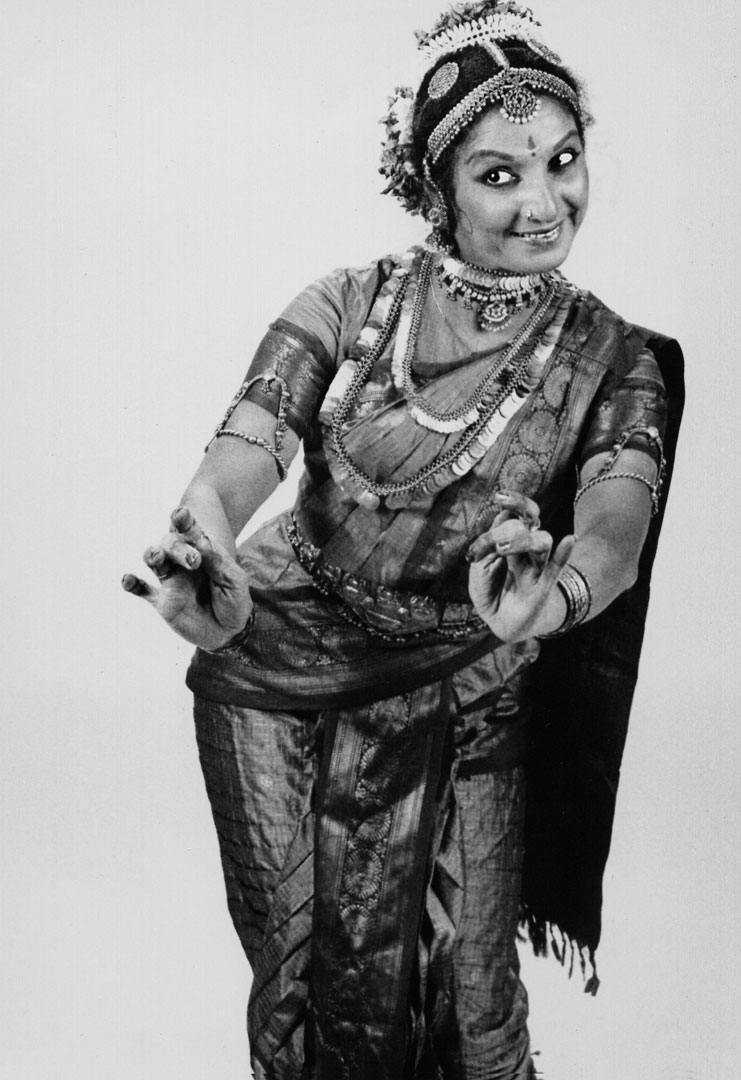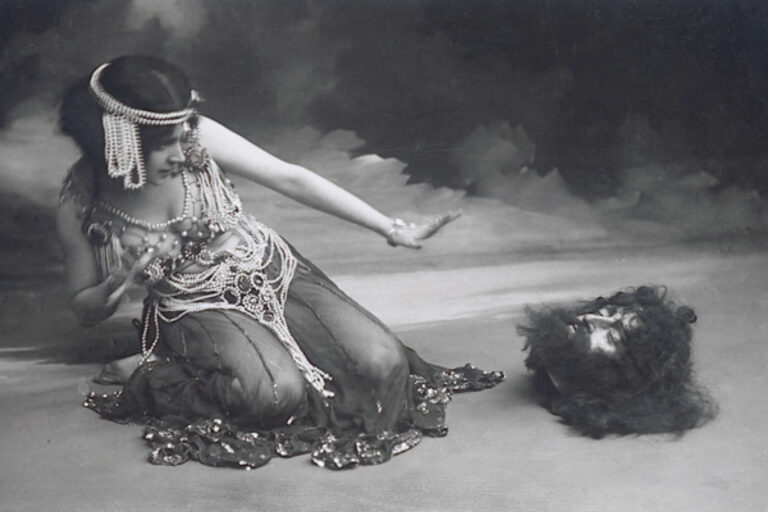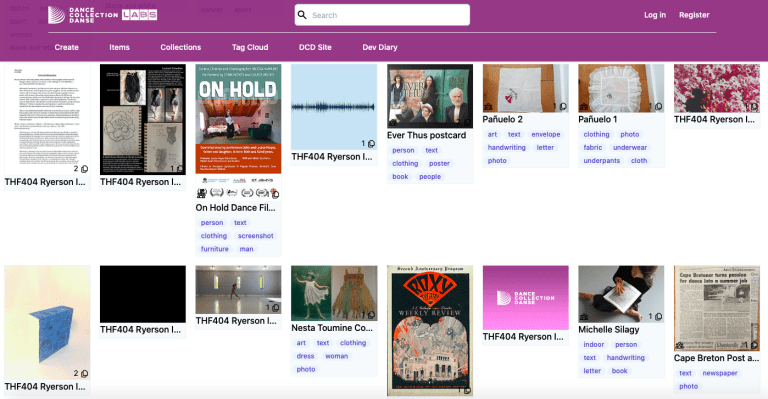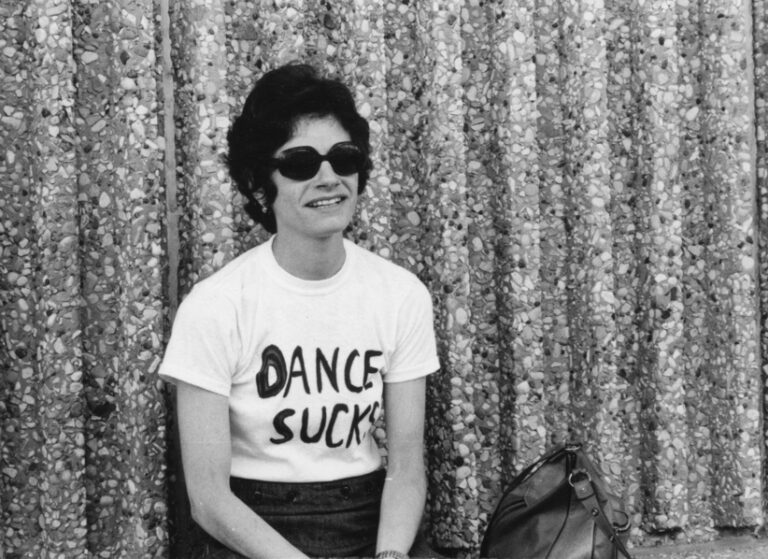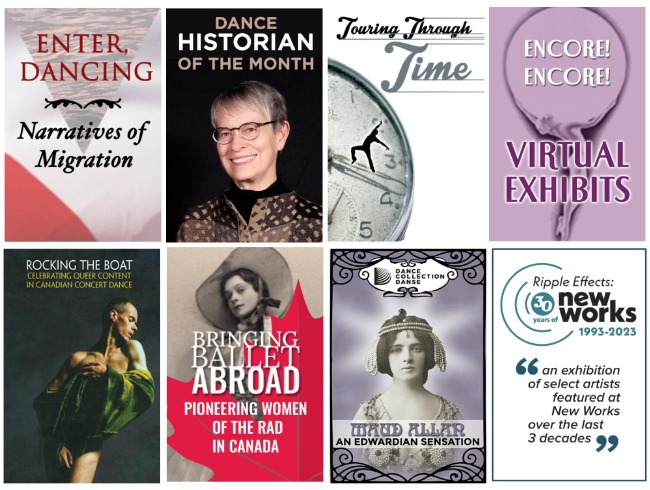DCD Live Lab – Oral Histories
There are roughly 1,100 hours of oral history recordings at Dance Collection Danse [DCD]. Many of these feature Canada’s early teachers and performers who are no longer with us. Their stories provide insight, humour, and revelations that could not have been captured any other way.
The Live Lab began with Amy Bowring [Executive and Curatorial Director, DCD] describing the oral history collection. The collection dates from the 1980’s onwards. The impetus for starting the oral history collection was to gather the memories of the over 70’s from the Canadian dance community before they were lost. This means that the oral histories document dance history from the beginning of the twentieth century onwards. The next big push to collect memories focused on the 1950’s ballet boom. Now DCD are focussing on the 1970’s Canadian dance scene.
Amy asked us to reflect on why oral histories are important. One thought was that ‘it is magical to hear voices from the past’. Amy added that for an ephemeral art form such as dance, oral history is an important aspect of recording this history. Dance also has a long tradition of being passed orally from one generation to the next.
Then it was onto playing with the recordings on DCD Discover
Amy demonstrated how to add a recording to DCD Discover. We’d love for you to add your own recordings. You’ll need to register first but it’s very easy Register here
After we’d all had the chance to play with the recordings, and to play and listen to them, Amy asked what information we would like added to make the recordings easier to search. A few wants were:
- Name of the interviewer
- Name of the interviewee
- Place and location of the interview
- Time period covered
If you’d like to add your suggestions, please send them to lorraine@dgen.net
Then we had a ‘holy cow’ moment!! Marcus, our developer, demonstrated some of his experiments using AI to transcribe the oral history recordings. Here’s what the AI did …
Various exclamations were:
- ‘Fabulous’
- ‘That’s amazing’
AND as stated above
- ‘Holy cow’
Marcus stated that the AI will search for what somebody said in the text and jump straight to that section of the recording.
Marcus also explained that the AI will auto correct. The AI will recognise if it has incorrectly transcribed a word the first time. When the AI encounters the word a second time, it will correct the first instance.
Marcus continued, and stated that there is also the capability to specify what language that the transcription is in.
This ‘amazing’ feature:
- makes it easier to search and to find what you are looking for in the recording
- extends the searching capability, because it is generally easier to read a transcript than to listen to the recording
- makes the oral histories more accessible especially to those with hearing loss
If you’d like to read more about this ‘fabulous’ feature, head over to our Development Diary
We had a great time experimenting and playing with the oral history recordings on DCD Discover. The Live Lab was described as ‘A very interesting session’ and ‘very informative’. If you’d like to come along to a Lab, check out when the next one is at Live Lab Links Do come and join us.


